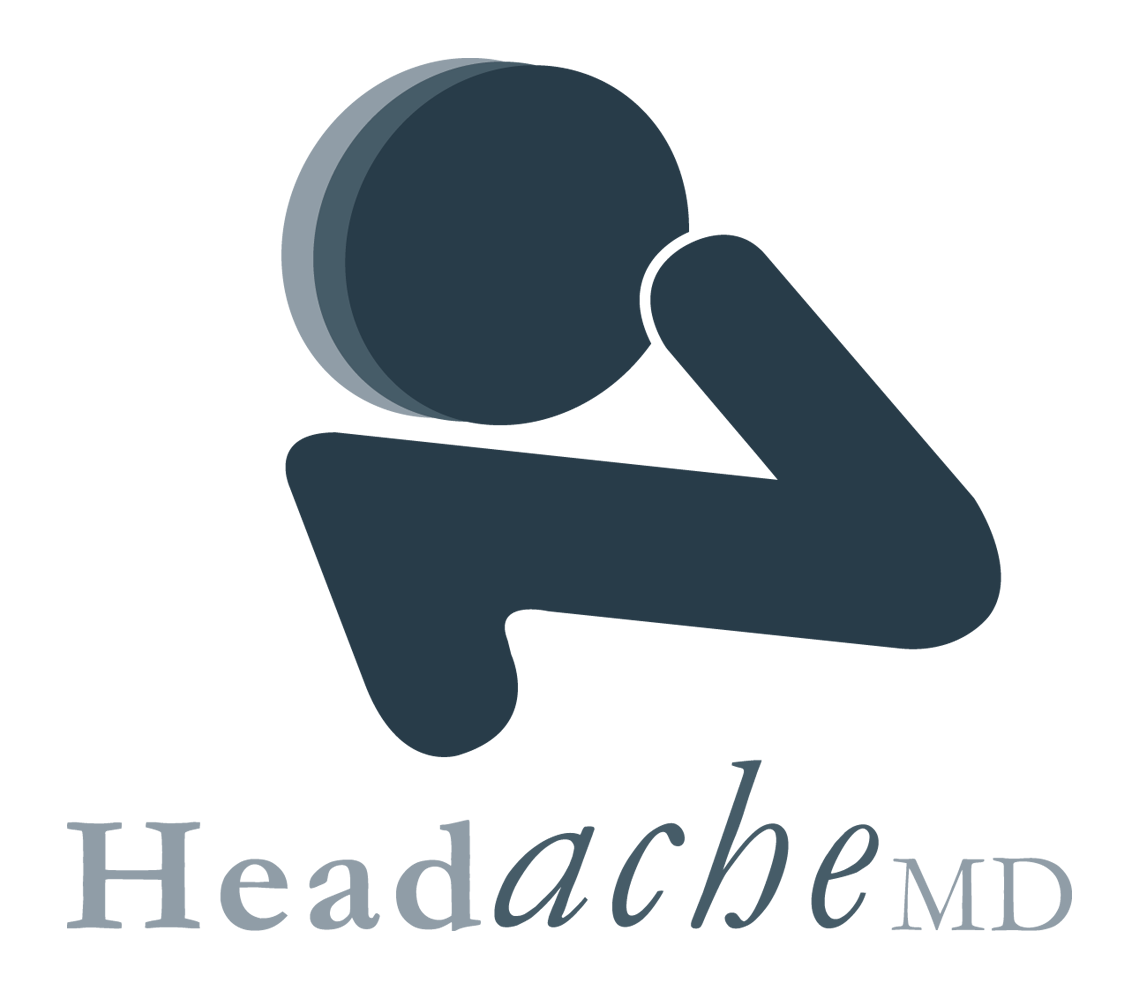Myths are created from the need to explain things we don’t understand. The lack of knowledge on a particular subject can help keep myths alive for generations. In fact, today, many people still believe in a lot of myths that have been proven to be untrue a long time ago. A lot of the myths that still exist today revolve around the subject of medicine. What doctors knew about certain medical conditions then are quite different from what today’s medical professionals know, but for many members of the general public, these myths are still very much alive. Medical conditions like headaches, for example, have been around for centuries, and up until the present, there are still some issues about this condition that have not been resolved.
Despite the wealth of knowledge we have gathered about headaches over generations, some of these myths still prevail. Here are 5 of the top 10 headache myths people still believe in:
1. Headaches are caused by psychological issues. While it is true that stress and other psychological factors can trigger a headache, you don’t need to have a psychological disorder to experience one. Headaches are mostly triggered by an extreme narrowing or dilation of blood vessels in the head. In some cases, it could also be a symptom of an underlying condition. Recurring and severe headaches, when not managed properly, can cause sleep deprivation, stress, and other psychological issues, but it very seldom happens the other way around.
2. You don’t need to see a doctor about headaches. This myth is quite dangerous because it is partially true. Most headaches are benign and can be dealt with easily without the help of a doctor; however, there are cases where medical care is needed, not only to manage the pain, but to treat the cause of the headaches. Many serious and life threatening conditions have headaches as part of their symptoms, so it’s best not to dismiss headaches right away. You should see a doctor if you’re experiencing severe and chronic headaches, if the pain gets worse over time, if you feel a sudden sharp pain in your head, or if you’re experiencing a new type of headache.
3. Headaches are not hereditary. Many people think that headaches can’t be passed on to the next generation, but studies have shown that certain chronic headache conditions such as migraines can occur in families. In fact, many children who have been diagnosed with migraines have at least one parent who suffers from migraines as well. Other environmental factors can also contribute to headaches, but in many cases, these conditions are inherited.
4. Headaches only occur in adults. Headaches aren’t exclusive for adults. Migraines, sinus headaches, and other headaches can also affect children and adolescents. Also, because of the growing number of stressors children and teens go through every day in school and at home, stress headaches are also becoming a common condition among the younger generation.
5. Drugs are the only solution for headaches. Over-the-counter and prescription painkillers are effective in providing headache patients with relief, but it doesn’t mean that it’s the only way to treat the pain caused by headaches. Other treatment methods used to treat headaches depend on what type of headache one is experiencing. Hot and cold compress can help in certain situations, while sleep and rehydration can also help with other types of headaches.
Headache myths are as common as headaches themselves. The only way to debunk these myths is through education. If you’re not sure if what you believe about headaches is true, consult a headache specialist to confirm.
